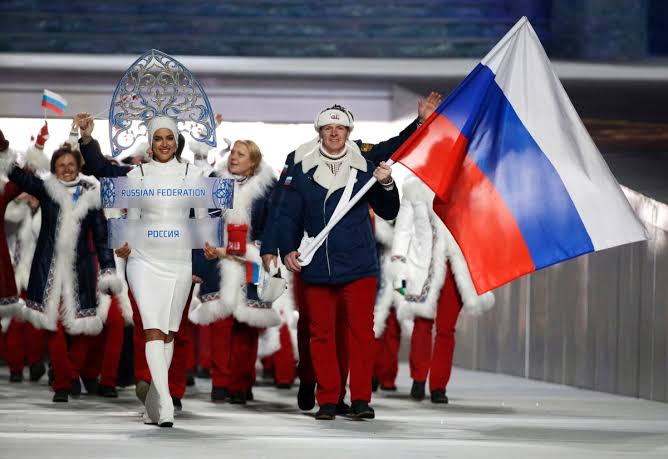The World Anti-Doping Agency executive committee handed down the most severe punishment to date in the years-long Russian doping saga, issuing a four-year ban that will bar Russia from competing at the next two Olympic Games.
The decision, barring a successful court challenge, means Russia will have no formal presence at next year’s Summer Games or the 2022 Winter Games in Beijing and will be barred from most major international competition through 2023, which includes FIFA’s World Cup, the Youth Olympic Games, Paralympics, world championships and other major sporting events subject to World Anti-Doping Code.
Similar to the 2018 Winter Olympics in PyeongChang, Russians who have not been implicated in the country’s state-sponsored doping scheme will be allowed to compete in Tokyo as unaffiliated athletes.
In PyeongChang, 168 Russians competed as “Olympic Athletes from Russia.”
WADA’s executive committee met in Lausanne, Switzerland, where it considered recommendations from WADA’s Compliance Review Committee.
The committee voted unanimously to give the Rusada formal notice of its noncompliance with the World Anti-Doping Code.“For too long, Russian doping has detracted from clean sport,” WADA president Craig Reedie said in a statement.
“The blatant breach by the Russian authorities of Rusada’s reinstatement conditions, approved by the [executive committee] in September 2018, demanded a robust response. That is exactly what has been delivered today.”
Russia now has 21 days to respond. It can protest the matter to the Court of Arbitration for Sport, which would have final say. Svetlana Zhurova, a former Olympic speedskater who is now a deputy in Russian parliament’s lower house, said Rusada’s board would meet on Dec. 19 and decide whether to accept the latest sanctions, according to Tass.
Russian Olympic officials had been bracing themselves for the decision. Yuri Ganus, the head of the Rusada, has called for replacing officials in the Russian sports world still relying on old methods to remain competitive.
“It is critically important to change approaches,” Ganus told reporters in Moscow on Monday.
“They are applying unacceptable, old-school approaches, and the people who promote these approaches must be replaced.”


